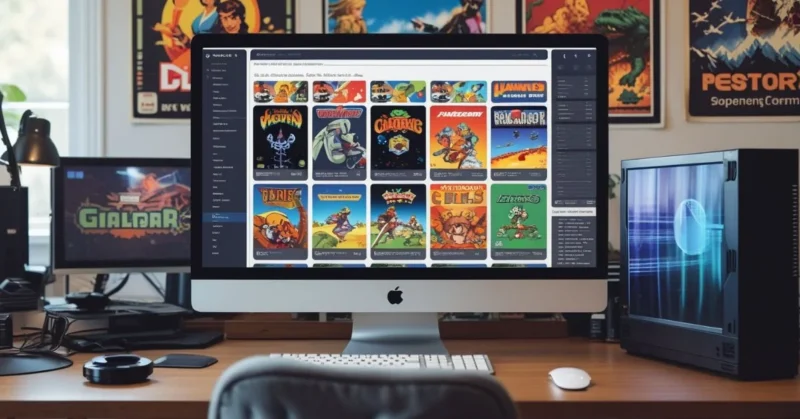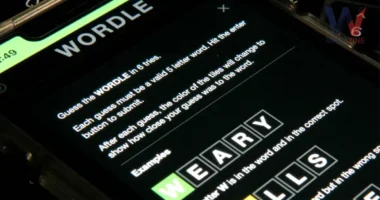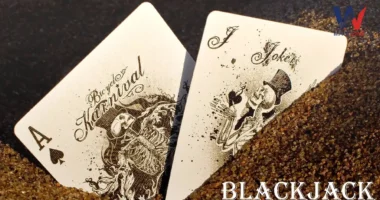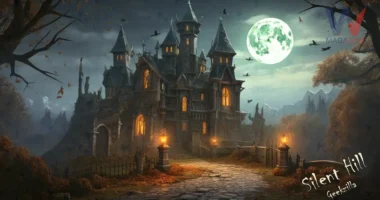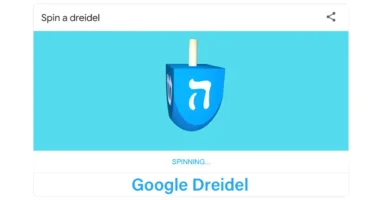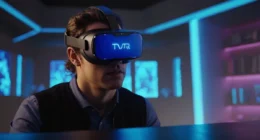Table of Contents
MobyGames is the biggest online database for video games, and real game lovers built it. It carefully gathers info about thousands of games, who made them, when they came out, and what they look like. Whether you want to find cover art, read screenshots, learn credits, or check platform details, MobyGames has it all. It’s like IMDb, but for video games.
A Huge Collection of Games
Since its launch in March 1999, MobyGames has grown from listing a few personal favorites to cataloging over 300,000 games on more than 300 platforms, from PC and consoles to arcades and mainframes. It also documents tens of thousands of add-ons, screenshots, box art, and even promo trailers that bring back the look and feel of classic gaming.
What You’ll Find on MobyGames?
- Game details: Release dates, system info, genres, and game versions.
- Credits: Complete lists of developers, designers, artists, composers, voice actors, and all people behind the game.
- Screenshots and art: Official and fan-made imagery, usually labeled with captions.
- Reviews and ratings: Both critics’ reviews and users’ thoughts.
- Community features: Public and private “have” and “want” lists, forums for discussion under each game page.
Every contribution must be checked by trusted volunteers before appearing on the site. These “approvers” make sure everything is accurate and meets quality standards.
How MobyGames Began?
MobyGames was created on March 1, 1999, by Jim Leonard and Brian Hirt, joined later by David Berk. The goal was simple: build a free, detailed collection of PC games. They started with their own collection, and then invited others to join by giving rewards, like points and badges. That made contributing fun, like a game.
In the early years, the founders focused only on PC gaming to keep content accurate. Later, they welcomed console, arcade, and even mainframe titles.
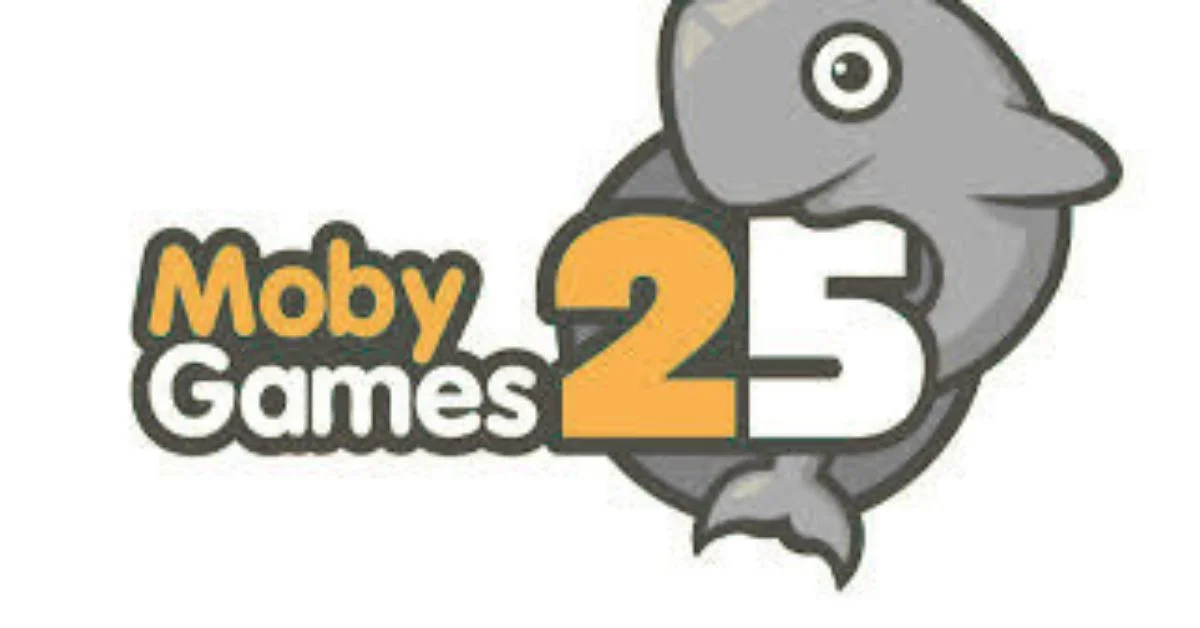
Why the Name “MobyGames”?
The word “Moby” comes from old hacker slang, meaning something huge or all‑encompassing. The site’s founders chose it to reflect the ambition of cataloging everything about every game. It’s memorable, simple, and signals scope.
A Community-Driven Archive
Contributors submit info such as screenshots and game credits. After someone sends a submission, a volunteer approver reviews it. Some submissions are approved quickly; others can take days or weeks.
There’s a clear style guide for entries to keep consistency in data. Credit comes from physical boxes, game manuals, even code, and websites. Transparency is key; contributors earn points, and their names stay attached to their work.
Ownership and Updates
MobyGames was bought by GameFly around 2010. In 2013, Jeremiah Freyholtz of Blue Flame Labs took over and restored much of its original look. Then, in March 2022, Atari SA (the French gaming giant) officially acquired it for roughly $1.5 million.
Since then, MobyGames remains fully alive, slowly updating, adding new games, and planning features like barcode scanning and improved game listing tools.
Why MobyGames Matters?
- Preserves video game history: Rare box art, lost credits, and those obscure games we thought disappeared are saved forever.
- Supports discovery: Detailed filters by year, genre, or person help users find new or nostalgic titles.
- Source for research: Gamers, journalists, and historians use MobyGames as a trusted reference. The site often shows up in thousands of Wikipedia entries.
- Encourages community: Through reviews, “have/want” lists, and forums, gamers connect directly over titles they love or seek.
How to Use MobyGames?
- Search: Type a game or a person’s name in the search bar.
- Explore by platform or genre: Browse for games on consoles like NES, PS1, or PC.
- View details: Game pages include credits, cover art, screenshots, and release history.
- Create lists: Organize games you own or wish to own, and share them.
- Join discussions: Use forums on game pages to chat with other fans.
- Contribute content: Add missing info, guidelines are clear, and overseen by approvers.
Current and Upcoming Features
- Missing Games lists, track titles not yet in the database (recently added support for Nintendo Japan/Hong Kong titles).
- Barcode scanner preview feature to neatly add physical titles from your collection.
- Release tracking, now you can mark exact console/region versions in your collection .
Future & Preservation
MobyGames plays an essential role in digital preservation. With the rise of digital‑only games and forgotten hardware, documenting metadata becomes crucial. The site aims to continue expanding platforms, refining data access, and preserving gaming heritage for generations.
Conclusion
MobyGames stands as an essential, community-founded archive for video game history. It’s full of credits, art, screenshots, and release details you can’t find anywhere else. From its 1999 roots as a PC-only project to today’s global coverage under Atari, it continues evolving with new features like barcode scanning and improved tracking. Whether you’re researching a classic title, building a retro game library, or just looking for nostalgia, MobyGames is a gem every gamer should use.
